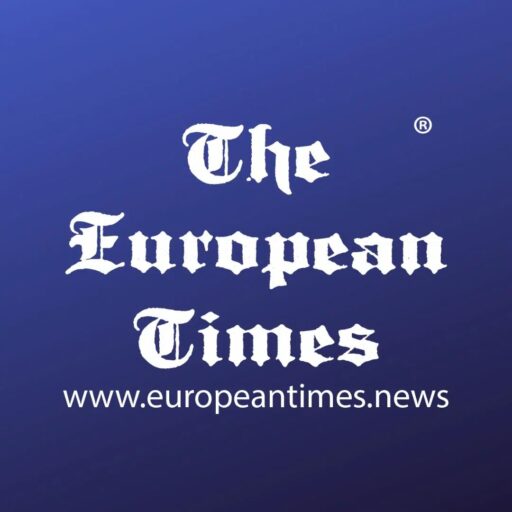BRUSSELS—The European economy is facing an unprecedented convergence of external shocks and structural challenges, described by European Central Bank (ECB) President Christine Lagarde as a dire “geopolitical storm” that threatens to leave the continent behind. Her urgent warning comes amidst stalled key trade talks, escalating geoeconomic espionage, and crucial internal budget negotiations hanging in the balance.
The traditional models that guided Europe’s prosperity are increasingly failing in an era defined by US tariffs, geopolitical conflict, and the deepening economic integration of rivals like China. Lagarde, in a recent address, underscored the threat of deindustrialization and demanded that European leaders act “urgently and decisively” to ensure the Eurozone’s future.
The New Geoeconomic Battleground
Perhaps the most insidious new threat is the asymmetric advantage being gained by strategic rivals. Reports indicate that Europe is lagging significantly in economic intelligence, specifically concerning China.
The Chinese leadership is allegedly using new export restrictions, such as those on rare earths and permanent magnets, as a mechanism to collect granular data on European companies. By requiring Western firms to hand over sensitive information on suppliers, technical processes, and end-users to secure export approvals, Beijing is gaining a detailed map of European corporate vulnerabilities and supply chain chokepoints.
Experts are calling on European policymakers to close this gap by creating a legal framework for businesses to share sensitive data with their own governments. The argument is clear: in this new era of economic security, companies should find it safer to share information with national authorities than with the Chinese Communist Party.
Stalled Trade and Internal Friction
While facing these external pressures, the EU’s trade agenda remains fraught with obstacles. Negotiations for the crucial India-EU Free Trade Agreement (FTA) are ongoing, with important issues yet to be resolved. Despite a shared geopolitical interest in concluding the pact, divergences persist, notably in key sectors like automobiles and agricultural products. Negotiating teams are working to achieve a “meaningful” trade package by the end of the year, which aims to diversify trade and create higher levels of foreign direct investment (FDI).
Internally, Europe’s ambitions are facing political headwinds. Major political blocs in the European Parliament are reportedly poised to block a key part of the Commission’s budget proposal. This political friction threatens to cast a shadow over the ambitious timeline for agreeing on the next long-term EU budget, risking a severe setback for future strategic investments.
Resilience and the Path Forward
Despite the headwinds, the bloc has a massive instrument for resilience: NextGenerationEU. This €648 billion stimulus package, funded by loans and grants, continues to underpin Europe’s recovery and long-term structural changes. It is directing massive investments toward the green and digital transitions, fostering innovation, and boosting economic, social, and institutional resilience across member states.
The path ahead for the European economy requires a clear-eyed view of its new geopolitical reality. The coming months will test whether European leadership can translate urgent warnings into the decisive, united action needed to secure its economic future and avoid being left behind in a rapidly reshaping global order.
You can watch an analysis of the ECB President’s address in this video: Christine Lagarde’s Urgent Warning: Europe’s Economic Storm.


